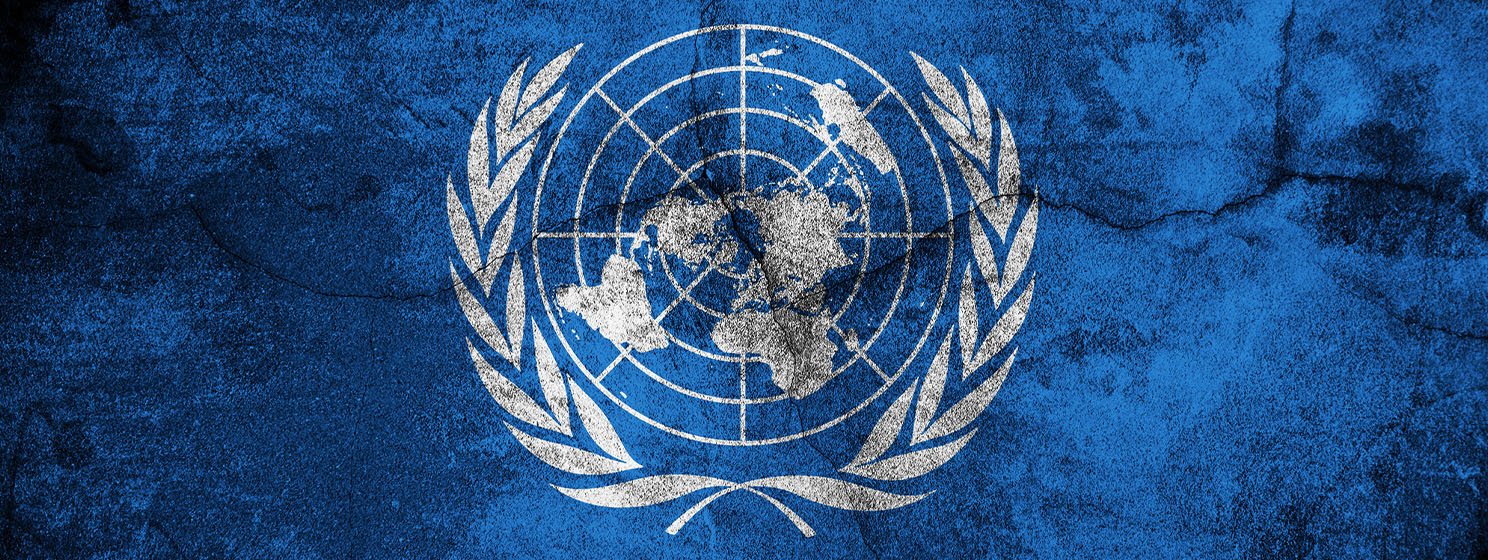|
Getting your Trinity Audio player ready...
|
Artificial intelligence (AI) is projected to become a $4.8 trillion market within the next decade, but it might only benefit a few and widen inequalities for the Global South, the United Nations warns.
In a recent report, the UN Conference on Trade and Development (UNCTAD) revealed that despite AI’s meteoric rise, its advancement and control are still held in the hands of a few elites. It noted that 100 companies, most of whom are based in China or the United States, have made 40% of the global private investment in AI research and development.
Additionally, AI is still a preserve of developed economies, which dictate how it’s trained, what data to use, its applications, and limitations. UNCTAD says nearly 120 developing nations have been almost entirely left out of the global AI discussions.
UNCTAD concludes that these nations, most of which are in the Global South, will be disproportionately affected by AI advancements. This will be felt the most in the job market; experts predict that 40% of global jobs could be adversely affected by the technology. The most affected will be countries that have used cheap labor as an economic advantage, with AI enabling easy and affordable automation.
While AI will also create new jobs, these will mostly go to developed nations, which have access to the latest tools and infrastructure.
It’s not the first time the UN has warned about AI inequality. In his speech last September, Secretary-General António Guterres stated, “AI capacities today are concentrated in a handful of powerful companies—and even fewer countries. Meanwhile, too many countries face significant challenges in accessing AI tools.”
To avoid being left out by the AI wave, UNCTAD called on governments to focus on improving infrastructure, data, and skills. This includes reliable Internet and computing power, as well as investing in education systems that equip learners with modern-day skills to thrive in the digital world.
The Global South has ramped up education initiatives in the past few years to capitalize on AI. This has been aided by grants and aid from tech giants, such as Microsoft (NASDAQ: MSFT), which has invested hundreds of millions in South Africa and Nigeria to impart AI skills.
However, most developing nations still lack the computing power required to drive AI. According to an earlier UN report, only 5% of Africa’s AI talent has access to the computing power required for complex AI tasks.
UNCTAD believes one possible solution is a “shared global facility” that would provide equitable access to AI tools and computing power for all nations.
In general, the agency says that people must be at the heart of the AI revolution if the world is to fully reap the benefits of the technology.
“History has shown that while technological progress drives economic growth, it does not, on its own, ensure equitable income distribution or promote inclusive human development,” commented UNCTAD Secretary-General Rebeca Grynspan.Healthcare cybersecurity to hit $175B by 2030: report
Meanwhile, a separate report from American management consultancy Frost & Sullivan revealed that the global healthcare cybersecurity industry is set to balloon to $174.8 billion by the end of the decade.
Healthcare has become increasingly digitalized, with technology like telemedicine, AI diagnostics, wearable devices, blockchain, and gene editing becoming commonplace. While these technologies have enhanced healthcare, they have also exposed the sector to increasing cybersecurity threats.
This has led to a sharp spike in cybersecurity solutions targeting healthcare providers, a sector worth $84.5 billion in 2023. The report projects the industry will grow at a compound annual growth rate (CAGR) of 11.4% by the decade’s end.
North America and Europe are expected to maintain their positions as the biggest spenders. In Europe, the implementation of the General Data Protection Regulation (GDPR) has further increased the need for cutting-edge security solutions.
“A resilient security ecosystem requires not only cutting-edge cybersecurity tools but also robust policies and continuous staff education. By combining technology with workforce training, healthcare organisations can build a secure foundation for digital transformation,” commented Frost & Sullivan’s Danielle VanZandt.
In order for artificial intelligence (AI) to work right within the law and thrive in the face of growing challenges, it needs to integrate an enterprise blockchain system that ensures data input quality and ownership—allowing it to keep data safe while also guaranteeing the immutability of data. Check out CoinGeek’s coverage on this emerging tech to learn more why Enterprise blockchain will be the backbone of AI.
Watch: Adding the human touch behind AI

 02-26-2026
02-26-2026 




